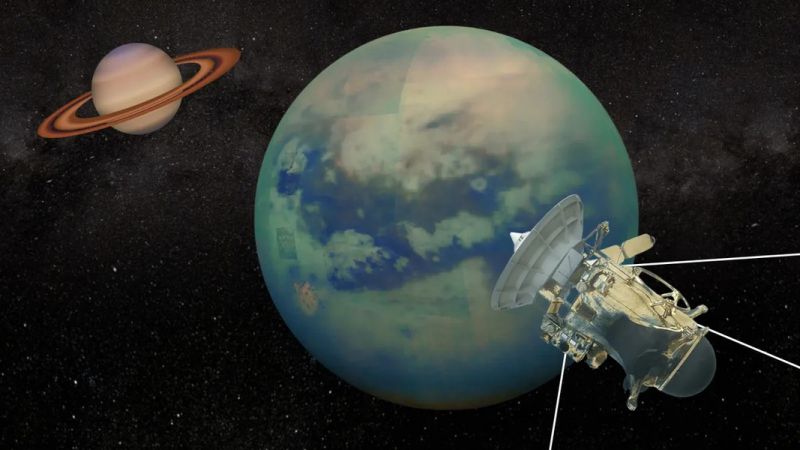Could galactic empires exist? In a previous article, we noted that there has been plenty of time for aliens keen on colonizing the Milky Way to pull it off. However, we see no signs of galactic federation ("Star Trek" aside). Why does the cosmos look so untouched and unconquered? What is keeping advanced extraterrestrials from claiming every star system in sight?
This puzzle, known as the Fermi Paradox, has burned up a lot of cerebrum cycles when scientists tried to reconcile the lack of company with the expectation that there are many advanced alien societies.
One possible explanation is that interstellar travel is just too costly. Consider how expensive it would be for us to populate another star system. Imagine sending a small rocket to Alpha Centauri, one that’s the size of the Mayflower (180 tons, with 102 pilgrims on board). Your intention is to get this modest interstellar ark to our nearest stellar neighbor in 50 years, which requires about 150 billion billion joules of energy.
No one’s sure what aliens pay for energy, but here on Earth the going rate is about ten cents a kilowatt-hour. So the transportation bill per pilgrim would be $40 billion. That’s a lot of moolah, a lot more than it takes to buy each emigrant a few thousand six-bedroom palaces and set him up for life. The fact that the trip is costly, in whatever currency, is reason enough to deter any alien society from trying to settle distant real estate. With far less expenditure, the extraterrestrials could pursue the good life at home.
Of course, if energy costs can be brought way down, for example with fusion or matter-antimatter technology, or by capturing more of the radiation spewed into space by the home star, this explanation might not hold water.
But even if the aliens can afford colonization, maybe they haven’t got the stamina to see it through. Subduing the Galaxy takes more than sending a ship full of restless nomads to the next star. The nomads have to settle that star, and then spawn pilgrims of their own. And those émigrés have to produce yet more settlers. And so on. If each and every colony eventually founds two daughter settlements (a pretty decent accomplishment), then 38 generations of colonists are required to bring the entire Galaxy under control. Even the Polynesians, who swept across the western Pacific domesticating one island after another, didn’t manage this. Maybe the aliens can’t do it either.
On the other hand, if a few of them remain committed to expansion, their project might still succeed – just more slowly.
Some researchers suggest that the Galaxy is colonized, but we just don’t notice. Arthur C. Clarke pointed out that truly advanced engineering projects would be indistinguishable from magic. Perhaps the evidence of alien presence is so beyond us that we simply don’t recognize it (somewhat like mice in The Louvre checking out the Mona Lisa). Another thought is that the aliens find Earth an interesting nature park, and have arranged matters so that, while they can observe us, we can’t observe them. The idea that we may be some aliens’ high-tech ecological exhibit is called the "zoo hypothesis."
These explanations, and a bushel-basket more, have been proffered to deal with the Fermi Paradox. Any of them might be true. Nonetheless, some scientists find them too contrived, too unlikely to work in every case. Will all the aliens find colonization too costly? Will they all run out of empirical steam? Are we so special that someone has really gone to the trouble to put us behind invisible bars?
Or is there a much simpler explanation?
Next time, we’ll consider some of the more obvious – if more disquieting – resolutions of the Fermi Paradox.






